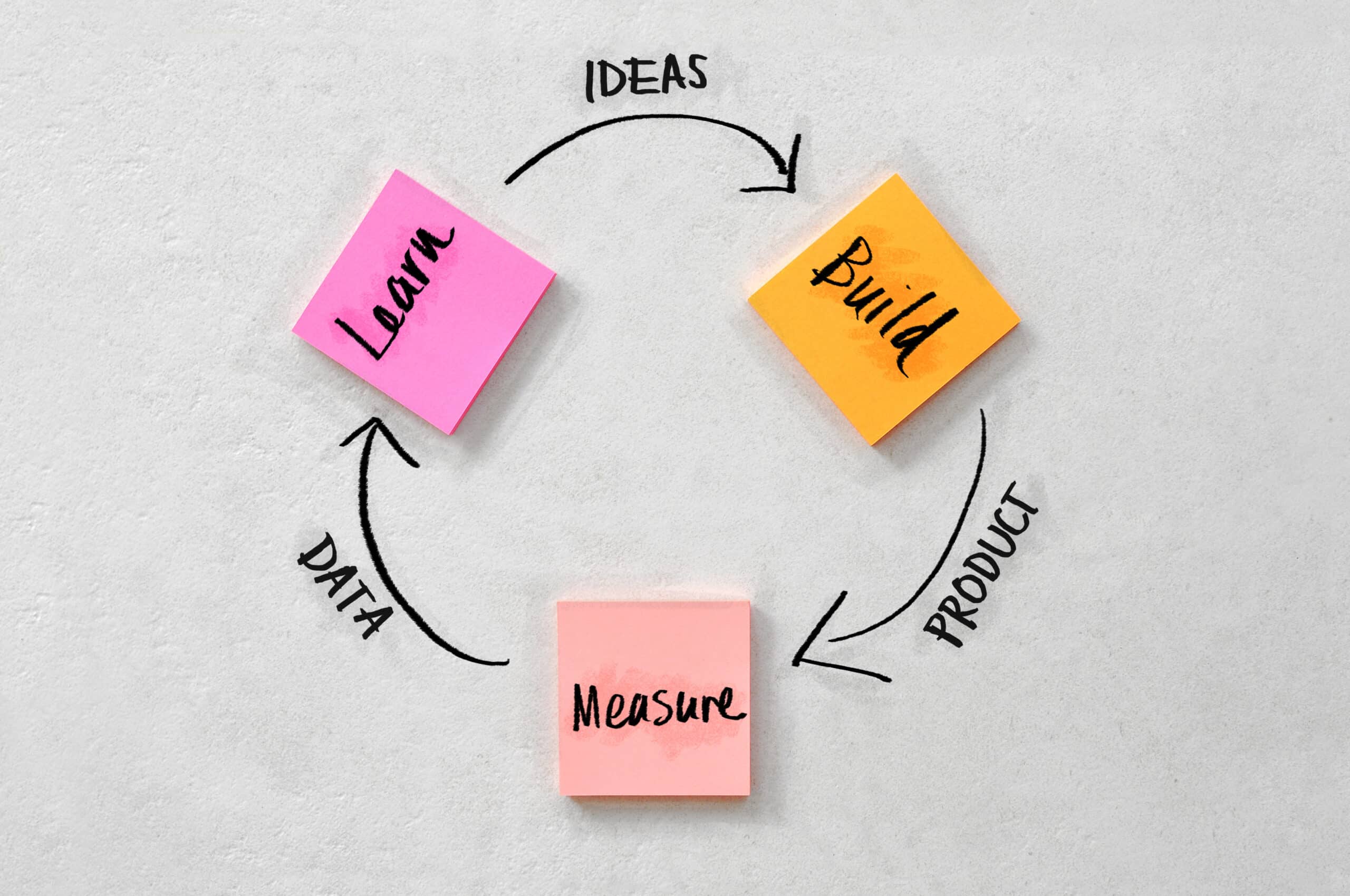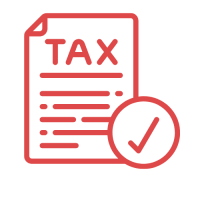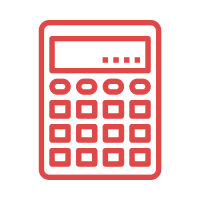Businesses must be aware of their responsibilities at the end of the financial year.
Careless mistakes in tax returns or simply being unorganised can see business owners lose out on significant tax savings, as well as find themselves liable for penalties. That’s why the following should be completed to ensure that you are prepared for the end of the financial year, well in advance of the deadline (30 June).
Paying Superannuation
Super is payable 28 days after the end of the quarter. It is important to remember that to claim a deduction for the super contribution the employer must have made the contribution before June 30. Not paying super by the due date will also lead to a penalty imposed by the ATO.
ATO Benchmarking
Small business benchmarks are financial ratios that have been developed by the ATO to help compare the performance of similar businesses in an industry. Businesses should take a look at their financials and review their management accounts before 30 June. They should be focusing on any unusual large amounts that have been reported as this could be an indicator of an accounting error or a more serious problem.
Review Your Financial Situation
Sit down with us and review your finances. Look at whether your targets were met last financial year and what you can do differently next financial year. Were there hindrances or unexpected circumstances that arose during the year that affected your revenue?
Set performance targets for the year to help you stay on track. Create a cash flow forecast to manage any potential shortfalls and ensure you can still pay your staff and suppliers.
Review And Update Your Business And Marketing Plans
Take time to set yourself up for the year ahead. Regularly reviewing and updating your plans will help you to:
- remind yourself of your goals and priorities
- assess whether your strategies are working
- adapt to any new changes in your environment
- make the most of new opportunities as they come your way
- prioritise and maximise your effort (work smarter, not harder!).
Review Your Insurances
Check that you have the right insurance in place for your business. If your circumstances have changed, you may need to update your level of cover.
Read the product disclosure statements (PDS) for your insurance policies carefully – don’t assume you’re covered. Look up the definition of certain terms such as floods as they may vary among insurers.
Backup And Secure Your Files
Back up and store your registration, financial and customer data, and other important business documents in a secure off-site location. This can help ensure your business can stay up and running during unexpected events, such as natural disasters.













